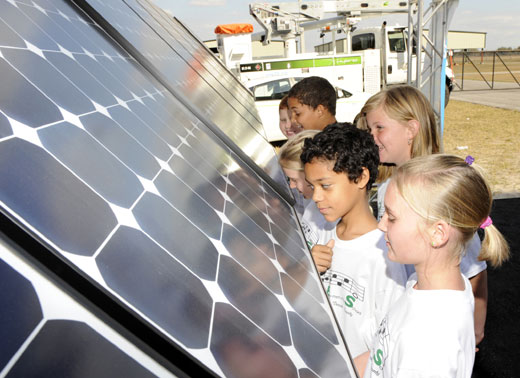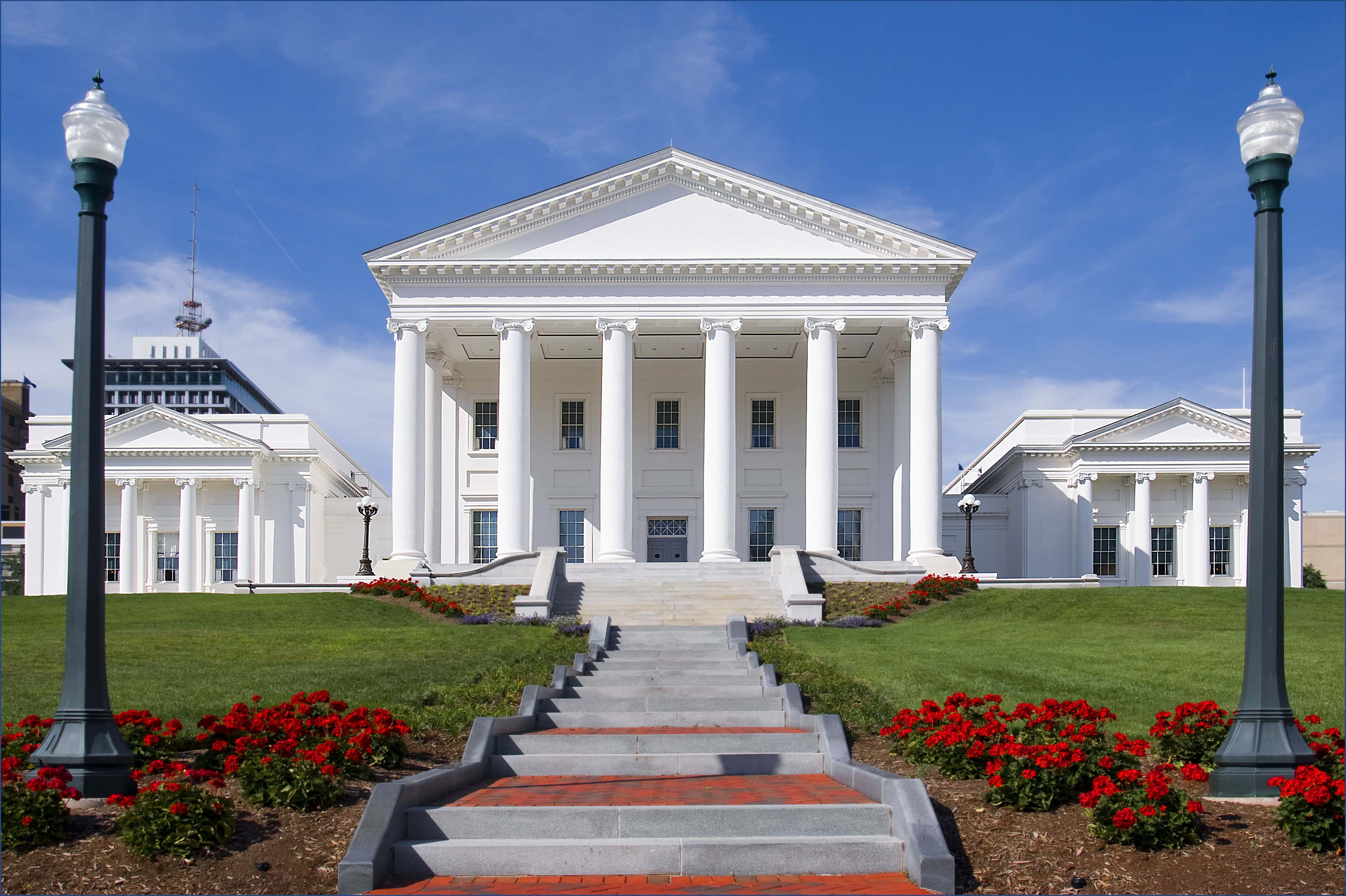The Composite Index, Problem Solved!
We have good news! On April 6th Virginia’s Tax Commissioner, Craig M. Burns, issued a letter clarifying the valuation of solar projects within the Composite Index. The bottom line: these solar farms will provide a net revenue benefit to the county. As previously stated, bureaucratic bookkeeping could have inadvertently ground Virginia solar development to a halt by reducing county revenue when new solar farms are built. The following is the third of three installments highlighting SolUnesco’s research on the Virginia



